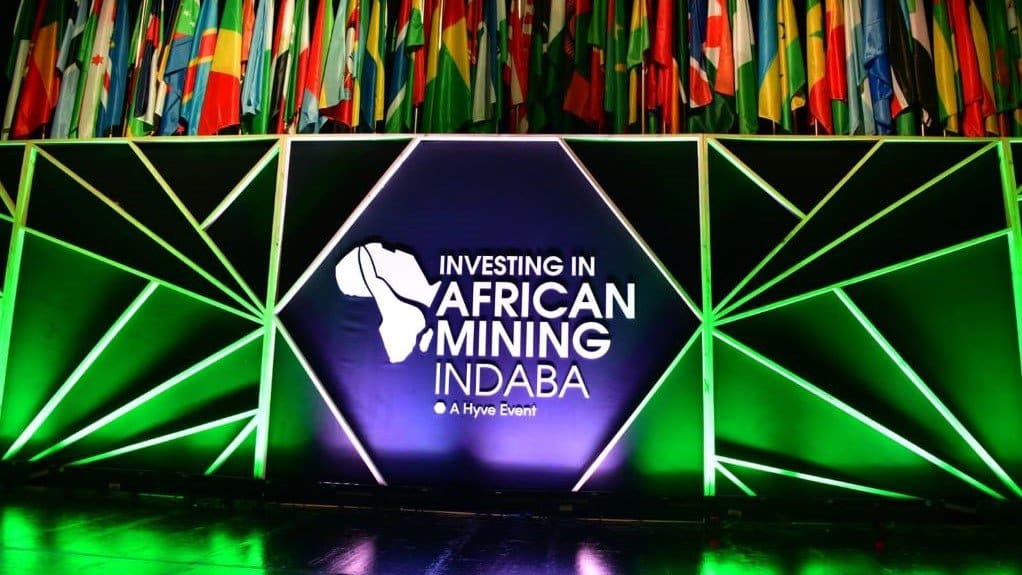In the wake of COP28, the United Nations Climate Change Conference that took place at the end of 2023, the global mining industry is witnessing a transformative shift towards sustainability. The pivotal commitment to triple renewable energy production by 2030 has set the stage for a new era in responsible mining practices.
During a panel discussion at the Investing in African Mining Indaba, Anglo American head of sustainability Katie Ferguson highlighted the company’s ambitious targets in reducing absolute greenhouse gas emissions. The mining powerhouse aims for a 30% reduction by 2030 and envisions carbon neutrality across scope 1 and 2 emissions by 2040. Central to this strategy is the transition to renewable energy, with 53% of global energy sources already coming from renewables.
In South Africa, Anglo American has partnered with independent power producer EDF Renewables to establish Imvusa Energy and is working towards a renewable energy system across Southern Africa. The project aims to provide 3 GW to 5 GW of renewable energy to not only power the company’s operations but also contribute to expanding the region’s grid capacity.
Ferguson acknowledged the increased mineral intensity of renewable energy production, emphasising the demand for critical minerals such as copper. The significant need for copper, for example, underscored the mining industry’s critical role in the global energy transition.
However, she stressed the importance of responsible mining, ensuring that the transition did not harm nature or communities. “The mining industry must not only talk about responsible practices but also deliver them, integrating climate, nature and people into their operations,” she urged.
Mining investment vehicle Green Africa Minerals executive director Dr Kojo Busia addressed the outcomes of COP28 focusing on the establishment of the Loss and Damage Fund. He emphasised the fund’s role in addressing the disproportionate impact of climate change on developing countries and communities, introducing a new dimension where the private sector, including mining companies, contributes directly or indirectly to the fund.
He urged mining companies to go beyond decarbonisation, emphasising the need to contribute to community resilience. He highlighted the link between climate change, livelihood deprivation and artisanal small-scale mining, proposing that addressing these issues could contribute to the Loss and Damage Fund.
Opportunities for Africa in the Energy Transition
In the context of Africa‘s significant contribution to critical minerals, Busia sees an opportunity for the continent to add value to these resources. He underscored the importance of infrastructure investment and skill-building to ensure that Africa‘s mining industry transforms societies and economies while addressing the global decarbonisation agenda.
As the mining industry embraces these commitments and opportunities outlined at COP28, a sustainable and responsible future is within reach. The collaboration between industry leaders sets a positive example for the entire mining sector, demonstrating that the energy transition can be achieved without compromising the well-being of nature and communities.



